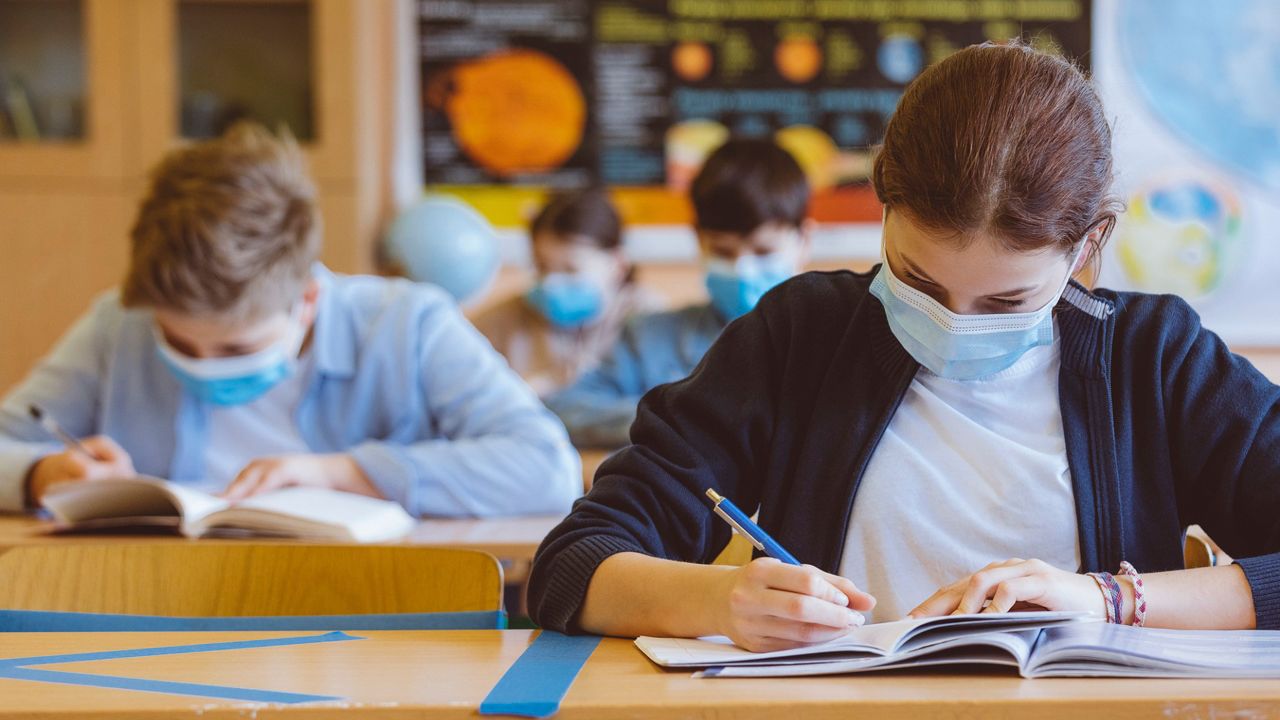How badly are kids falling behind in school? It's a question that's been made more difficult to answer by the coronavirus pandemic and the cancellation of the usual assessments that provide some sort of metric for schools.
The Rockefeller Institute of Government on Monday released an analysis that assessed the challenges of determining how students are faring in school as education remains a mix of in-classroom learning and virtual lessons for kids who are at home.
At stake is determining which groups of students are most at risk for falling behind in education and finding ways of helping them. Some indicators could be time spent posting on class message boards, time active on a class website or the views of class videos and resources.
And curriculum-based assessments online, which are similar to standard classroom tests for a unit, could provide teachers with some information on how a student has done in the class.
“Students are likely to have experienced learning loss as a result of the rapid shift to remote instruction in the spring,” said Laura Schultz, executive director of research at the Rockefeller Institute. “At-risk students, especially, will require substantial evidence-based investments outside of mandated instructional time to recoup these losses. This analysis highlights the importance of assessment in identifying students in need of more resources.”




